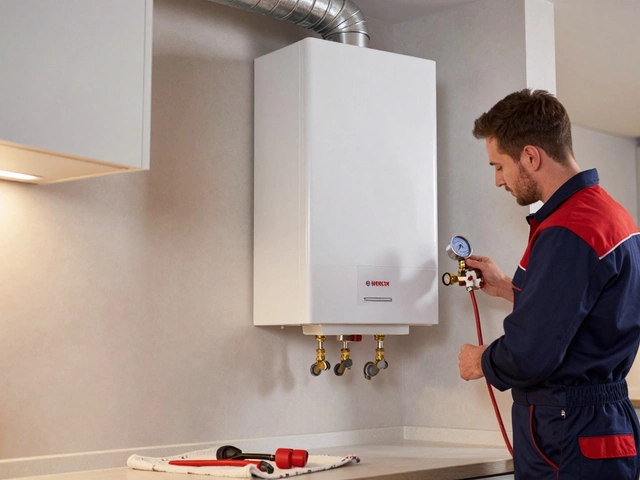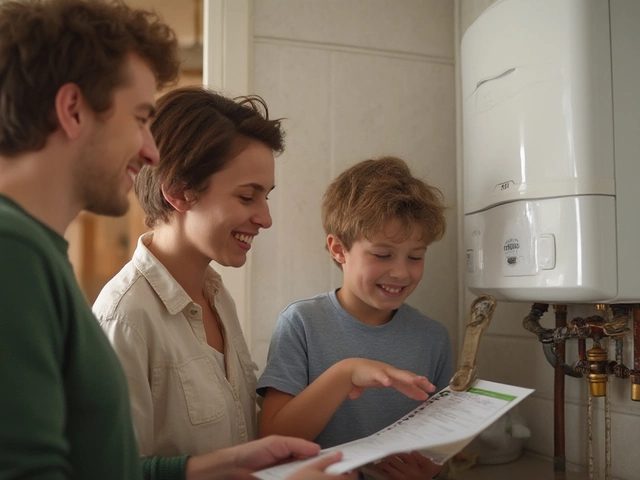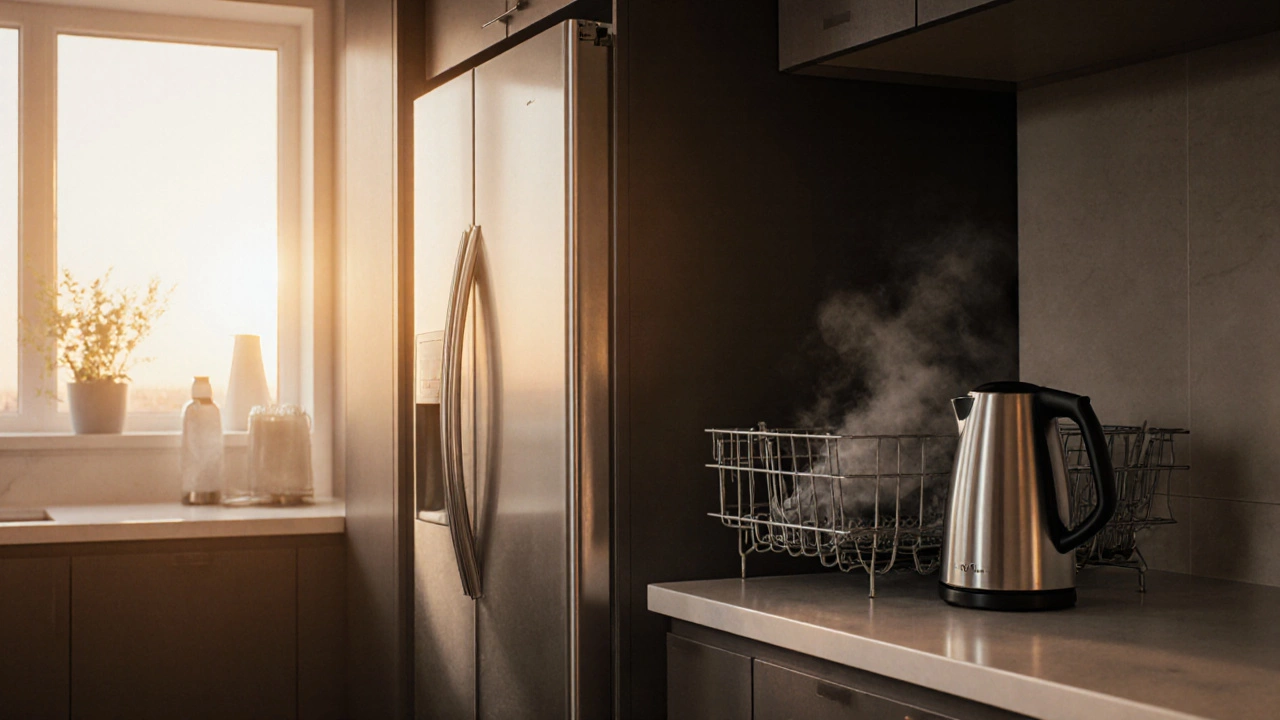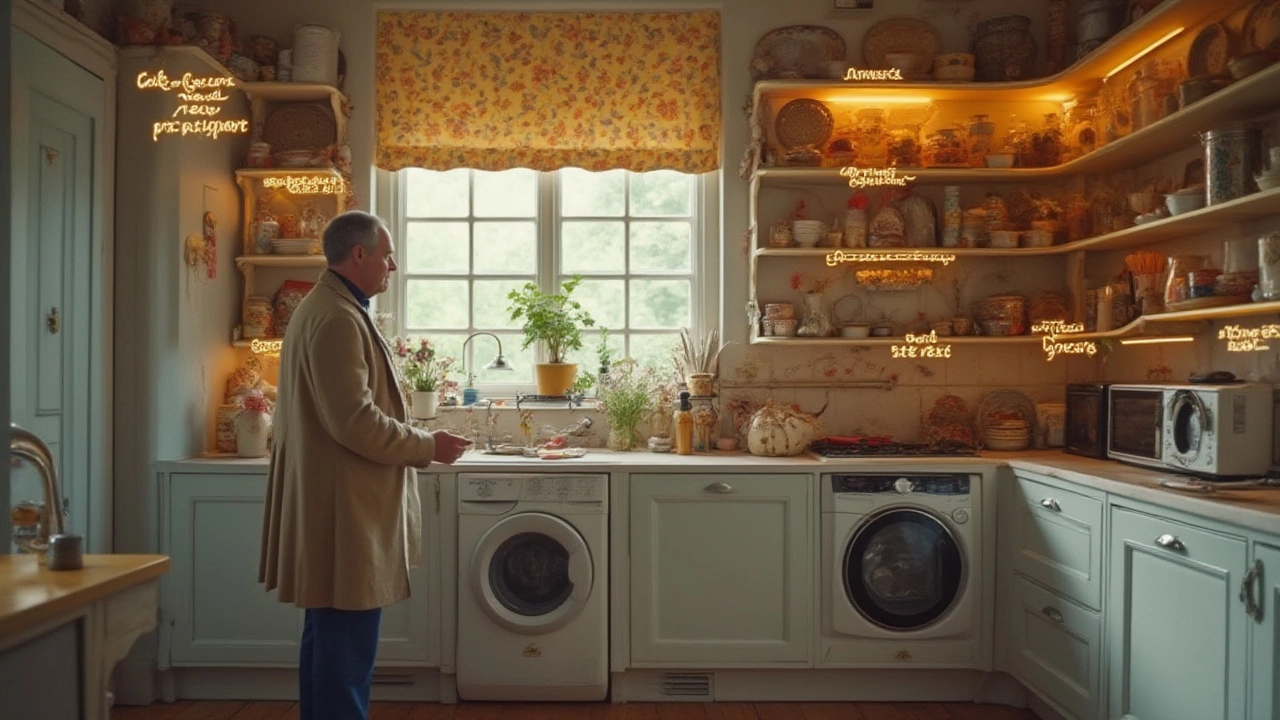Appliance Definition: What Counts as an Appliance?
When you hear the word “appliance,” you probably picture a fridge or a washing machine. But the term actually covers a lot more. In everyday use, an appliance is any device that helps you do a household task—cooking, cleaning, heating, cooling, or storing food.
Appliances can be split into two big groups: major appliances and small appliances. Major appliances, sometimes called “white goods,” are the big, built‑in items you find in the kitchen or utility room. Think of ovens, hobs, dishwashers, fridges, freezers, washing machines, dryers, and boilers. Small appliances are the portable gadgets you move around, like toasters, kettles, coffee makers, vacuum cleaners, and electric heaters.
Why Knowing the Definition Helps with Repairs
Understanding what counts as an appliance is more than a trivia fact. It tells you who to call when something breaks. Major appliances usually need a qualified technician because they involve electricity, water, or gas. A faulty boiler, for example, can be dangerous if you try to fix it yourself. Small appliances, on the other hand, are often safe for a DIY fix if you follow the right steps.
When you know the type of appliance, you also get a better idea of its typical lifespan. A fridge can last 10‑15 years, while a toaster might need a new one after a few years. This helps you decide whether to repair or replace. If a 12‑year‑old dishwasher is leaking, the cost of a replacement might be lower than a repeated repair bill.
Common Appliance Categories and What They Do
Cooking appliances: ovens, hobs, microwaves, and grillers. They turn electricity or gas into heat so you can prepare meals.
Cooling appliances: refrigerators and freezers keep food fresh by maintaining low temperatures.
Cleaning appliances: washing machines, dryers, and dishwashers use water and heat to clean clothes or dishes.
Heating appliances: boilers, water heaters, and electric radiators provide hot water and warmth for the home.
Ventilation appliances: extractor fans move air out of kitchens and bathrooms to reduce humidity and prevent mold.
Each category has its own set of common problems. For example, a fridge often suffers from a noisy compressor, while an extractor fan might lose suction due to a clogged filter. Knowing the category narrows down the likely causes and speeds up the repair process.
In Rugby, our local repair service knows these categories inside out. We can quickly diagnose whether an oven’s heating element needs replacing, if a boiler’s pressure pipe is faulty, or if a fridge’s thermostat is the culprit.
So the next time an appliance stops working, remember it’s not just a “thing that broke.” Identify which type it belongs to, check its age, and then decide whether a quick fix or a full replacement makes sense. That simple approach saves money, avoids unsafe DIY jobs, and gets your home running smoothly again.







